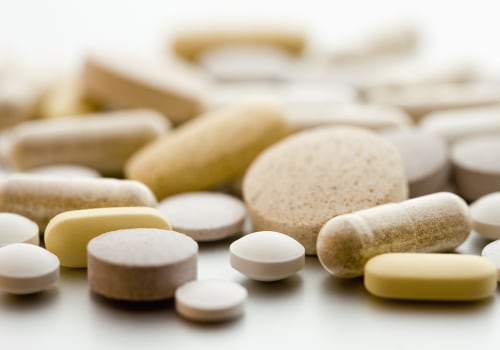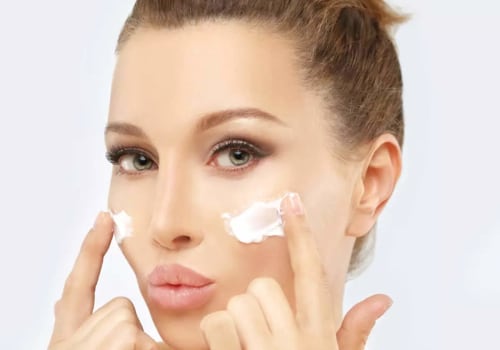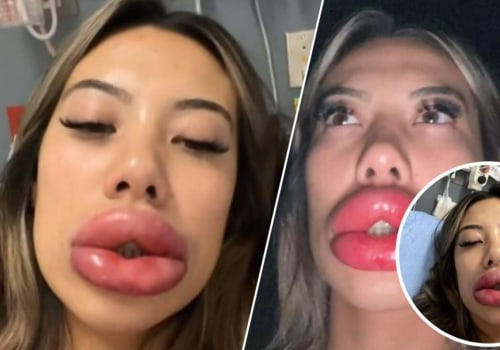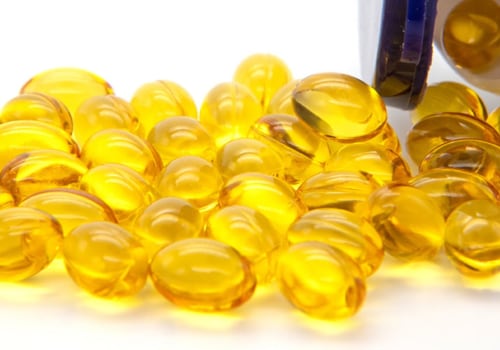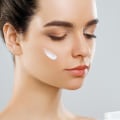When it comes to glowing skin, vitamin A is a superhero. It helps the production of new fresh skin cells, but that's not all. Vitamin A contains retinoids, which are compounds that combat signs of sun damage, such as hyperpigmentation, promote wound healing and cell renewal, and stimulate collagen production. This ingredient is an inexhaustible source in and of itself.
Vitamin B3 in its niacinamide form helps the skin regain its moisture content, improving its texture and softness. It contributes to radiant, healthy skin in many ways. Studies suggest that topical forms of vitamin B3 may help reduce the appearance of signs of aging (. Omega-3 fats have numerous health benefits.
One of those benefits is to help your skin look smooth and hydrated. Actually, getting too little fat in your diet can wrinkle and dry out your skin, so make sure you're getting enough healthy fats in your diet. Selenium is an important mineral that may protect against skin cancer and even help treat psoriasis. This nutrient is a powerful antioxidant, capable of fighting free radicals produced by the sun.
This helps prevent premature aging. Zinc can also protect skin from damage caused by UV rays. When you have a zinc deficiency, your skin may have cracks or an eczema-like rash. The rash won't get better with moisturizers or steroid creams.
To get the recommended daily dose of zinc (11 milligrams per day), try incorporating foods high in zinc into your diet. Collagen is a group of 16 proteins and represents one-third of the total natural body protein in humans. Claims that collagen has the ability to improve skin elasticity and reduce wrinkles have increased in popularity. But is there any truth in these statements? Is collagen a high-quality protein? And does its consumption increase its production in the body, thus improving skin health?.

